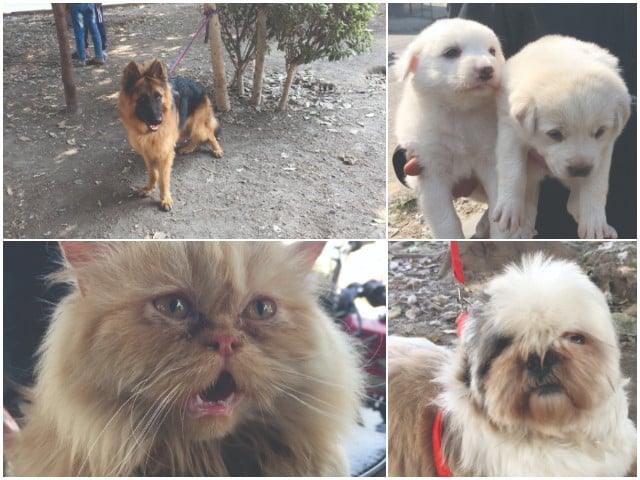Lahore:
Known for decades as a hub for the sale of bird and pets, the Tollinton market has landed in a controversy after the Punjab government’s recent decision to close the market for renovation.
Where the authorities are firmly closing the market in an attempt to renew the sales center in compliance with international hygiene standards, the community of traders is anxious about their business future, which is their source of income. The complex dispute emerged after the government instructed traders to move their business by June 30 without specifying an alternative place, leaving the affected shop owners in a state of uncertainty.
According to Mohammad Adnan Hashmat, an owner of the bird shop, store owners were instructed by the Punjab Wildlife authorities to redesign their business at significant personal costs during the renovation process. “But now we are told to shut down and move elsewhere, which is unfair. The situation has led to anxiety among the trader society that claims that their decades old businesses are in danger because of this sudden shift,” Hashmat expressed.
Reportedly, Lahore High Court has noticed the question and requested recommendations from a Legal Commission. The court noted that the Tollinton market should serve as a model for upgrading similar markets across Punjab. However, traders insist that their removal threatens their livelihood and has appealed to chief minister Maryam Nawaz to intervene.
According to the Lahore Development Authority (LDA), the market’s reconstruction costs RS190 million. As part of the project, three model stores were completed and the remaining suppliers were asked to renovate on their own and match the new standards.
LDA General Tahir Farooq claimed that a management committee, including dealers, district administration and Punjab Food Authority, will oversee cleanliness, waste management and sales of meat, ensuring strict implementation of new SOPs.
Senior minister Marriyum Aurangzeb said during his visit to the market that keeping meat and living animals in the same space violated international health regulations. “That’s why animal stores are removed and only meat sales will be allowed in the future. A new slaughterhouse is also constructed near a sink for hygienic meat processing,” Aurangzeb said.
While authorities see these steps as adaptation to global standards, experts claim that establishing a chicken market and slaughterhouse in a busy urban zone could aggravate traffic and public hygiene problems. They recommend decentralizing such facilities and pointing out that contaminated poultry meats are repeatedly found in the city.
On the positive side, the renewed infrastructure, including tiled floors, marble roads and uniform lighting has improved the market environment. Some store owners have even welcomed the government’s initiative and say that long -term improvements are possible with cooperation.
However, PET and Bird Traders are still concerned about referring to the lack of relocation plans and continuous uncertainty. Store owners claim that without tackling these concerns, the vision of a model market will remain unclear.



